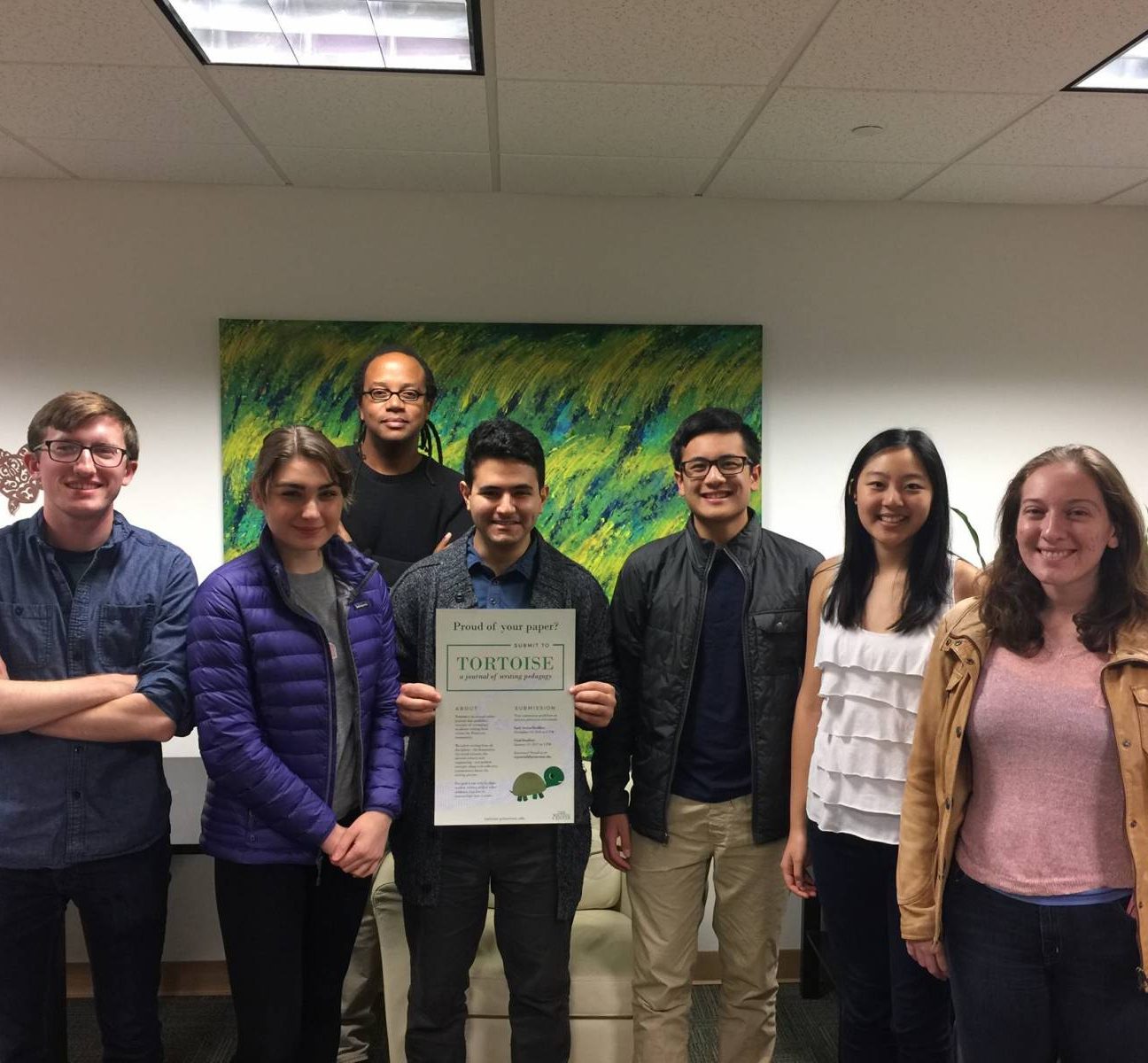For this year’s Spring Seasonal Series, entitled Post-Princeton Life: The Experiences of PCUR Alumni, each correspondent has selected a PCUR alum to interview about what they have been up to. We hope that these interviews will provide helpful insight into the many different paths Princeton students take after graduation. Here, Raya shares her interview.
~~~
Teaching, travel, Congress, the Writing Center, political theory, Yale! Former PCUR chief correspondent Isabelle Laurenzi graduated from Princeton in 2015 with a degree in Religion. She has since gone on to pursue an array of adventures and projects. Most recently, Isabelle completed her first year of a Ph.D. program at Yale in political theory. For our seasonal spring series, I caught up with Isabelle to learn more about her time at Princeton and explorations after. In our conversation, Isabelle and I connected over our shared interest in interdisciplinary studies and the joy of pursuing one’s interests through varied avenues.
Continue reading Post Princeton Life: Interview with Isabelle Laurenzi ’15





